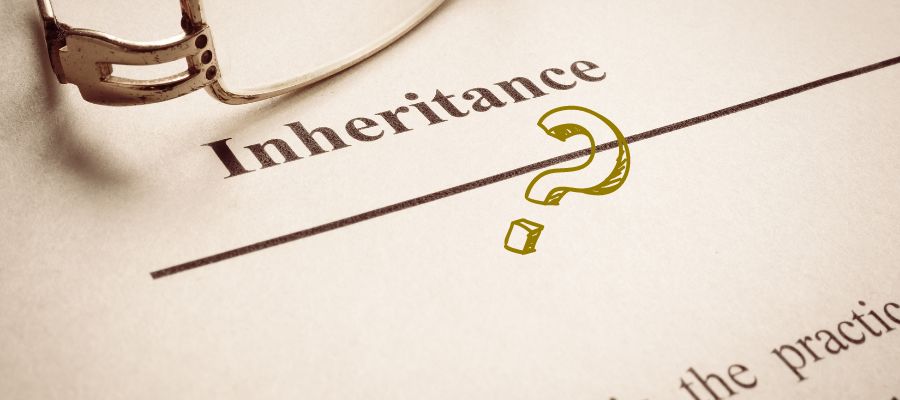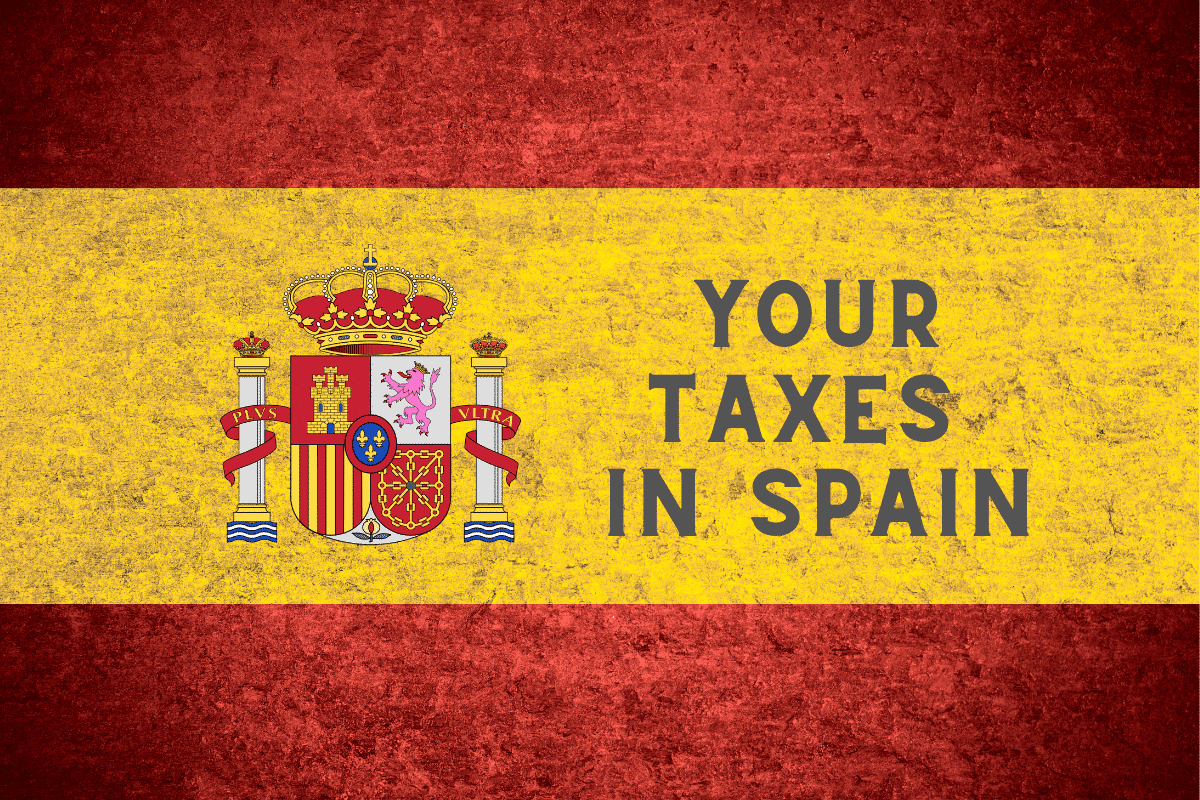I acknowledge the feelings that come with the death of a relative, but this article is not about the grieving process.
The article describes how to deal with an inheritance and so will start from the point when you learn how much your inheritance (bequest) is going to be.
I have received an inheritance. What now?
By Barry Davys
This article is published on: 31st July 2023
Oh wow, that will be helpful/very nice! I didn’t expect that much! What a lovely surprise!
These very common responses on finding you are about to benefit in a Will are shortly followed by “What should we do with it?” or “Let’s buy a holiday home/new car/go on a cruise/ give money to the kids etc.” It is unusual for me to find a reaction in between these two different approaches to receiving a bequest.
My experience of working with people who have received inheritances gives me insight into what things are important to consider. Some of these people have worked with me on inheritance tax planning before the death of the relative. This does not mean planning immediately before the death but sometimes years in advance. This type of planning is the subject of another article.
Typically though, as recipients we focus on the amount that we are getting in isolation and make our decisions based simply upon the amount we receive.
This approach often leads to buyers’ regret, defined in the dictionary as:
‘A sense of regret or uneasiness often after having purchased a house, car, or other major item, especially when the acquisition involves an ongoing financial burden.’
A new car comes with ongoing expenses: insurance premiums for a newer or bigger car can be higher, maintenance costs greater. Similar issues occur for a holiday home. Here is an analysis of the true cost of buying a house

Here are some very important steps to ensure you avoid the buyers’ regret syndrome and form a process on how to make the best of your good fortune.
Check your answers to these questions:
- Am I thinking “What would Dad/Mum have wanted me to do with the money, what can I spend it on?” Or am I thinking “What would be the best use of the money for my family”?
- The money is now mine. Have I accepted yet that I am now responsible for looking after it?
- Can I write a list of how to improve my family situation with my money?
- What type of an investor am I?
- If I want to be cautious, what does that really mean in practical terms? How would I choose savings that are “safe”?
- Will I be glad when it is all over, put away somewhere safe and I don’t have to worry about it anymore?
- Will I be able to leave an inheritance to my family?
These questions help us take the focus away from how much you have received to how it will benefit your family and improve your quality of life. Why is this important? Unlike an annual bonus or a job with a higher salary, receiving an inheritance from the deceased relative will happen just once from that relative. Often the relative, when deciding to leave you something, will have been thinking “I hope this will benefit the family and make their life a little easier”.

How to deal with an inheritance – a step by step process
How you approach the issue of what to do with an inheritance should depend on your financial position before the inheritance.
How can you fit the inheritance into your finances so it gives ongoing benefit?
The process:
- List your debts
Whether you should you pay off your debts depends on the interest rate of each debt. One certainty is that if you have a Spanish mortgage with a fixed rate of interest at 1% for 10, 20 or 30 years you should not pay off this debt. Please contact me for an explanation of the returns on your savings and how this mortgage fights against inflation to your benefit, along with a full description of how this works. - List your future expenditure e.g. school or university fees
If you have a use for the money at a set date, savings should be designed to meet that need. Bitcoin etc is not going to give you the certainty that the money is there when you need it. - How much emergency fund do you already have in the bank?
An emergency fund should typically be enough for six months of expenditure. Top up your emergency fund if necessary. - Do I need the money to grow or do I need it to provide an income?
If you wish to bolster your pension when you get to retirement, it may need to grow now and provide an income at retirement. If you wish to leave money to your family, you may wish take the income or profit from your savings and to leave the capital ready to pass on. - Where are my existing savings and investments?
Often I see people doubling up on a particular investment, often by accident. One fund may, for example, hold lots of Tesla shares already. If so, you might not want to buy lots of Tesla shares with your inheritance. Why not? By concentrating your investments like this you increase your exposure to risk. - Look to pay for gifts or toys such as new golf clubs from the income not the capital
I have helped many clients over the years preserve their inheritance with this approach. In addition to the toys, I have structured donations to charity too. - Analyse your options
What type of savings match my risk profile and how do I make them tax efficient? - Then do what you have decided to do
It is surprisingly common for people to still have an inheritance some years after they have received it. Not being an expert or experienced in savings and investments and tax they end up doing nothing out of fear of doing something wrong. Whilst this is understandable, the real value of the inheritance is eaten away by inflation with a “do nothing” approach.
Thoughtful, considered planning is how I approach a request to help with an inheritance. A step by step approach is best using the process above. By using cashflow modelling software I can show you what your financial future looks like now you have the new money. The software also allows you to explore different options and compare the possible outcomes. This “what if“ analysis is one of the most useful parts of the planning process. Assessing the best planning for Spanish and/or UK tax is a speciality of my advice.

Special Spanish tax items
There are specific reporting requirements about your inheritance in Spain, even if you have paid inheritance tax in the UK or Ireland.
This report must be made within six months from the date of death.
If you receive an inheritance in your name and then decide to do something with the money in joint names, there is gift tax to pay in Spain. A typical trap is buying a property in joint names with the inheritance only to find out there is gift tax on half the value of the house.
What next and how to make the best of having received the money?
You can book a call with Barry Davys of The Spectrum IFA Group who specialises in advising on how to manage the inheritance. Please choose a time that is convenient for you on his online system
He has dealt with many such situations in both the UK and in Spain. He brings understanding of the circumstances and respect of your wishes inside a framework of professional advice.
He often acts with lawyers who are settling an estate. The lawyer works on the process of settling the estate whilst Barry is forward looking and works on the planning for the future.
Barry will personally get in touch with you within the next five days. Any call or communication will be in confidence.


